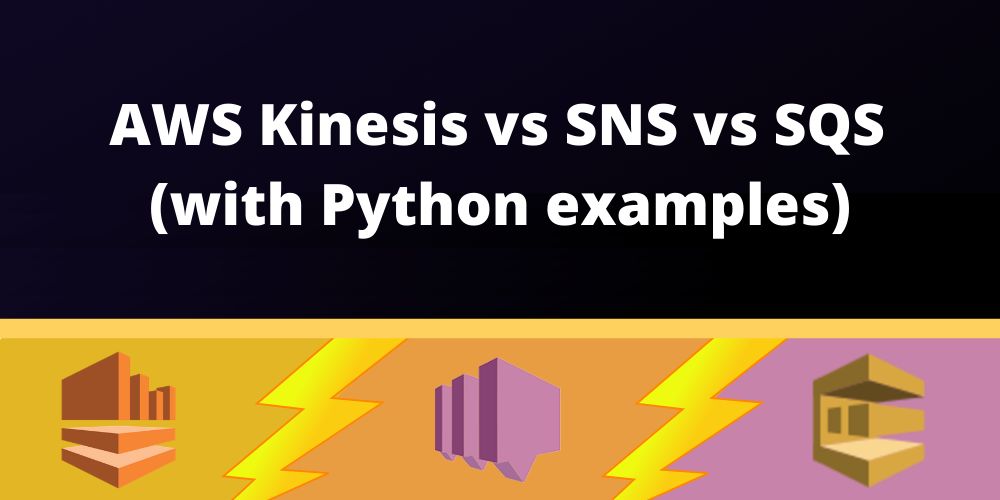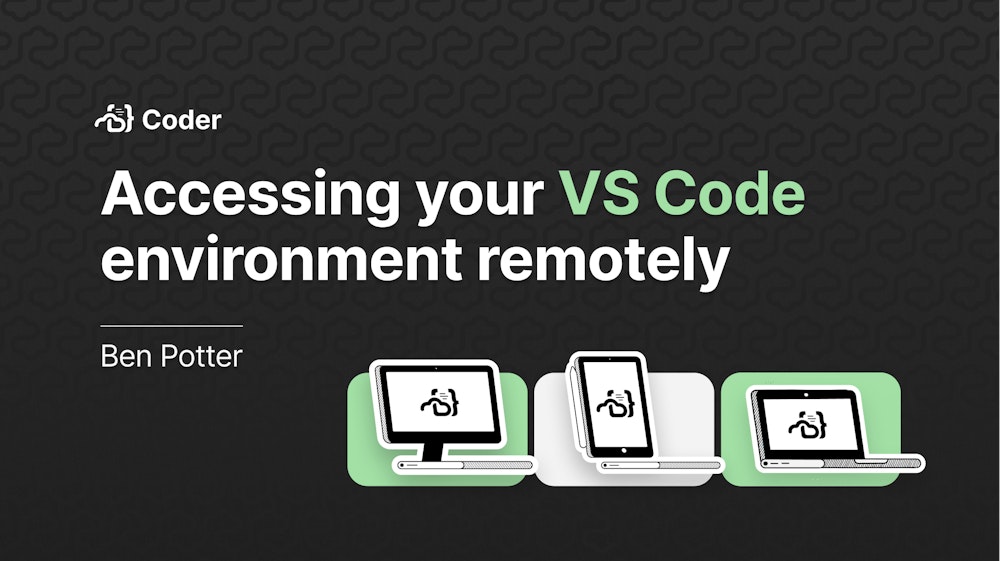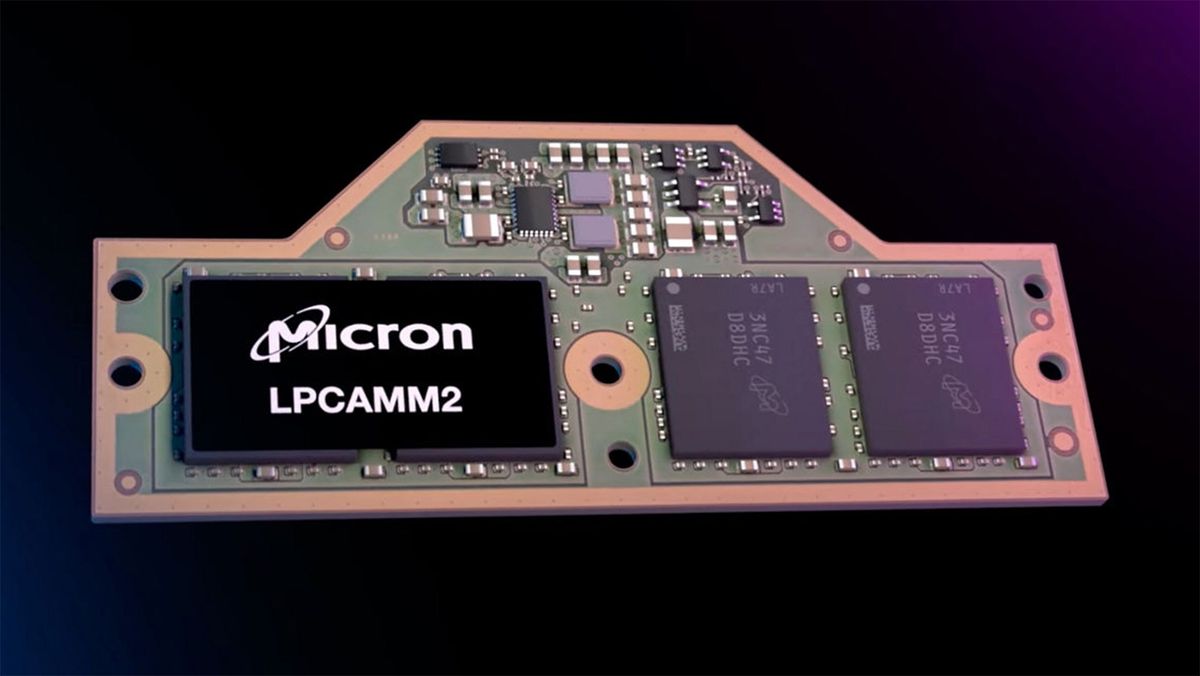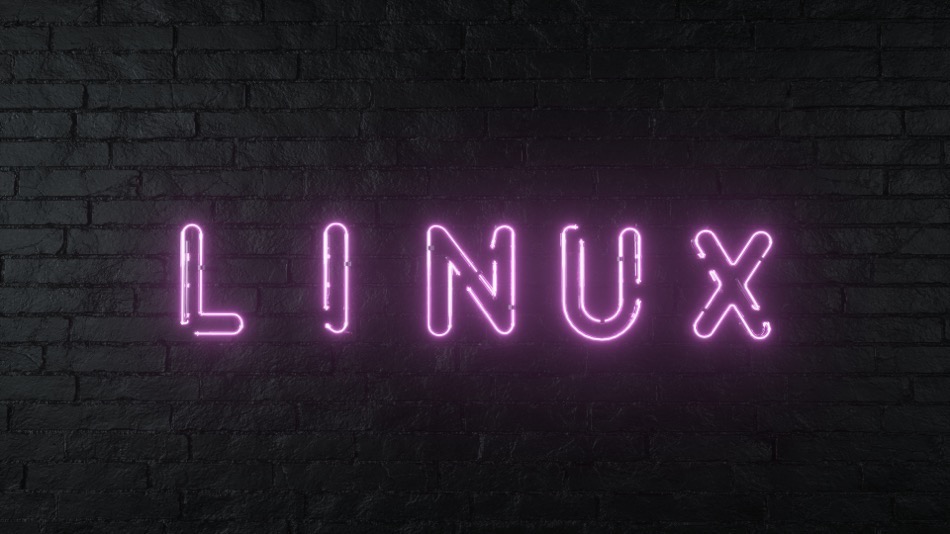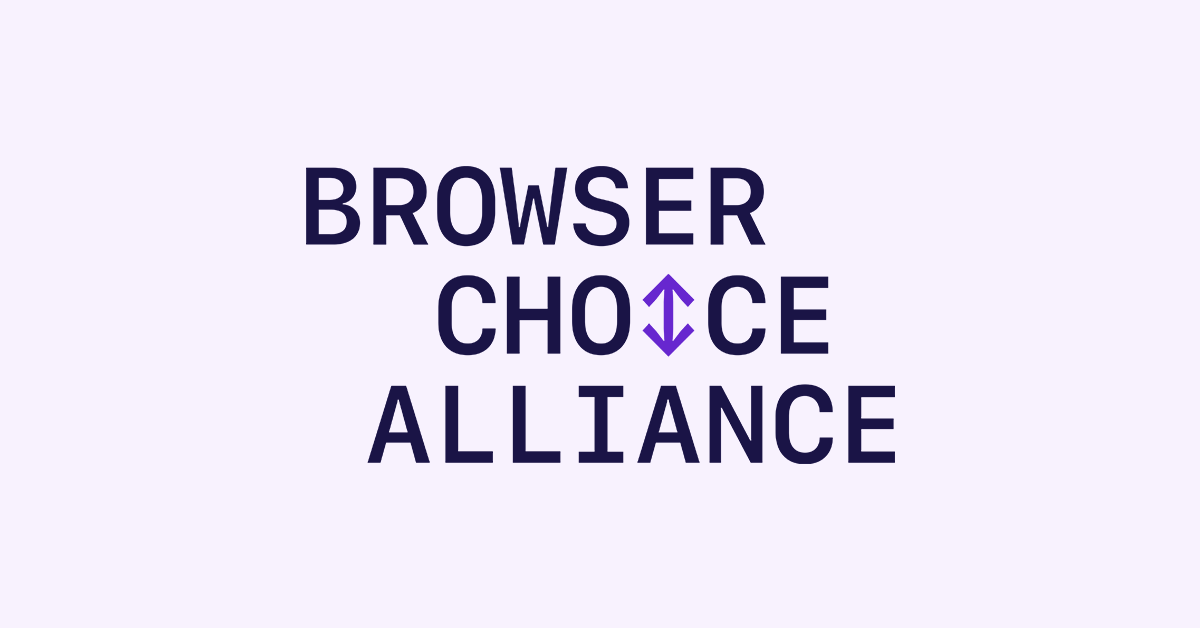
JigsawStack vs Groq vs AssemblyAI vs OpenAI Speech-to-Text Benchmark Comparison
Speech-to-text technology is reshaping how we build and interact with apps, automate processes, and capture insights on the go. For startups and developers, choosing the right solution can significantly impact product outcomes and scaling costs.
This article will break down JigsawStack, Groq, AssemblyAI, and OpenAI across factors like latency (speed), feature depth, language support, cost and more. By the end, you’ll have a clearer view of which provider best aligns with your technical and business goals.
Note: Tests were conducted using each provider’s SDK on a controlled dataset. For transparency, the implementation code is available here
JigsawStack consistently outperformed across both audio and video formats with a good balance on performance for short and long files. On average it makes it nearly twice as fast as AssemblyAI and overall faster than Groq in 3 out of 4 tests, which experienced difficulties handling larger files. Notably, OpenAI showed the slowest performance.
For shorter audio (less than ~10 seconds), JigsawStack and Groq were pretty close to the edge on performance with Groq being ~100ms faster overall demonstrating exceptional efficiency for time-sensitive transcription needs. Its reliability and speed across varied file sizes reinforce its suitability as a top choice for developers and startups prioritizing rapid processing without compromising accuracy.

